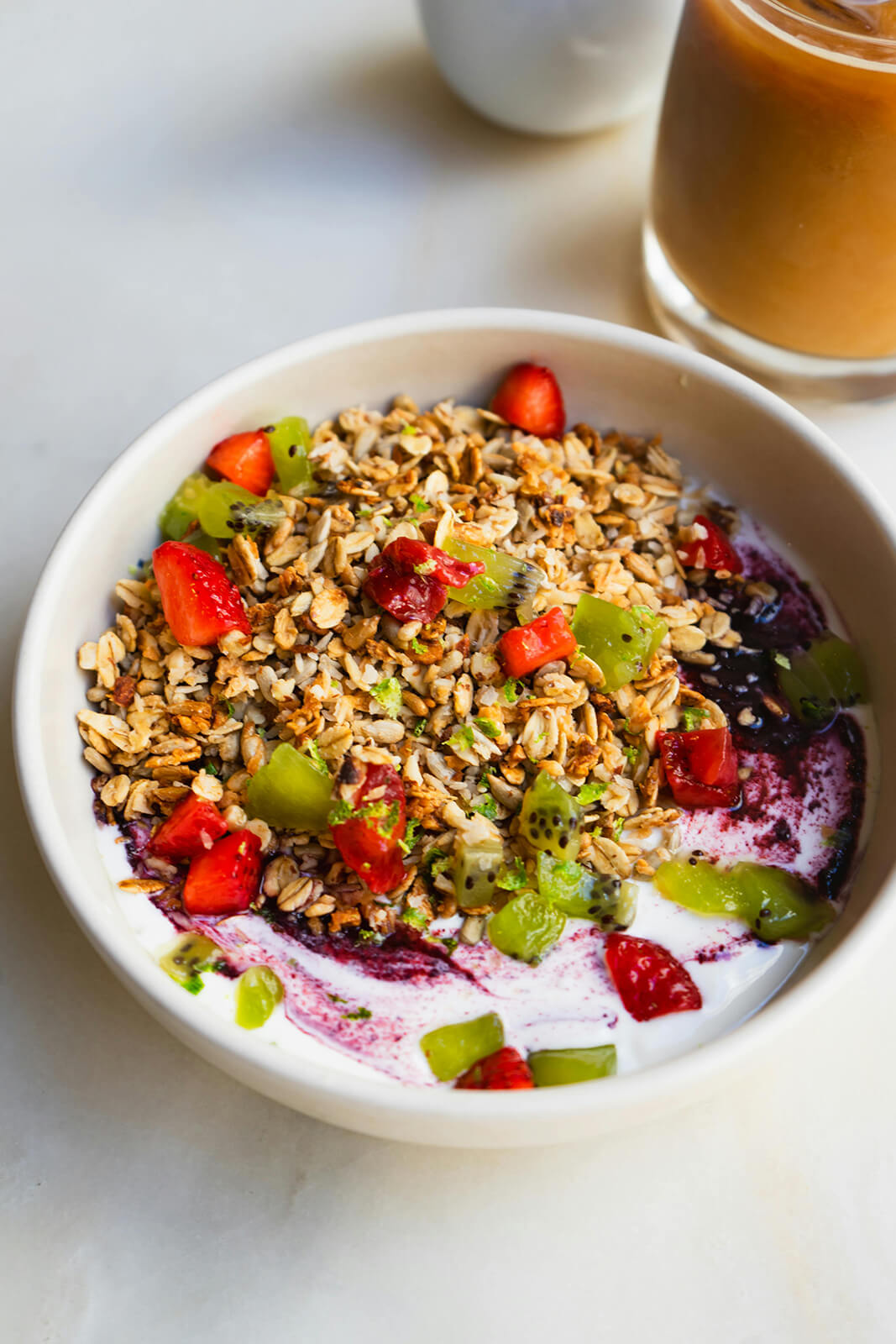
Soil-Based Probiotics: A Functional Medicine Approach to Gut Health and Microbiome Restoration
What Are Soil-Based Probiotics?
Soil-based probiotics (SBOs) are beneficial bacteria derived from soil that naturally occur in the environment and play a crucial role in gut health, immune function, and digestion. Unlike traditional lactobacillus and bifidobacterium strains, soil-based probiotics are spore-forming bacteria that are more resistant to stomach acid, antibiotics, and environmental stressors.
A functional medicine approach to gut health emphasizes the importance of a diverse microbiome, and SBOs are particularly valuable for restoring balance, improving digestion, reducing inflammation, and strengthening immunity.
How Soil-Based Probiotics Differ from Traditional Probiotics
While traditional probiotics (such as those found in fermented foods and dairy-based supplements) offer digestive support, they are often fragile and struggle to survive stomach acid and bile salts.
Key Differences Between SBOs and Traditional Probiotics:
| Feature | Soil-Based Probiotics (SBOs) | Traditional Probiotics |
| Survivability | Highly resistant to stomach acid and heat | Easily destroyed by stomach acid |
| Shelf Stability | No refrigeration needed | Requires refrigeration |
| Strain Type | Spore-forming Bacillus species | Lactobacillus, Bifidobacterium |
| Gut Colonization | Forms resilient spores, long-term colonization | Temporary, requires frequent dosing |
| Immune Modulation | Regulates immune response and reduces inflammation | Supports immune function, but less resilience |
Because SBOs mimic the natural bacteria our ancestors were exposed to through food and soil, they play a vital role in modern microbiome restoration.
Health Benefits of Soil-Based Probiotics
1. Supports Gut Health & Microbiome Balance
- Restores microbial diversity and repopulates beneficial bacteria
- Helps crowd out harmful pathogens like Candida and H. pylori
- Produces short-chain fatty acids (SCFAs) that nourish gut lining cells
- Improves nutrient absorption, particularly B vitamins and minerals
2. Improves Digestion and Reduces Bloating
- Supports enzyme production for better digestion
- Reduces intestinal gas, bloating, and food sensitivities
- Enhances fat metabolism and bile flow
3. Enhances Immune Function & Autoimmune Support
- Modulates the immune response, reducing autoimmunity
- Inhibits the growth of harmful bacteria, viruses, and fungi
- Reduces inflammation associated with conditions like IBS, Crohn’s disease, and leaky gut
4. Reduces Inflammation & Supports Detoxification
- Helps break down environmental toxins
- Reduces lipopolysaccharides (LPS), which trigger chronic inflammation
- Supports liver detox pathways
5. Helps with Mental Health & the Gut-Brain Connection
- Increases serotonin and dopamine production for better mood regulation
- Reduces brain fog, anxiety, and depression
- Supports the vagus nerve, essential for nervous system balance
Best Soil-Based Probiotic Strains for Gut Health
Functional medicine practitioners use specific SBO strains to target different gut imbalances:
- Bacillus subtilis – Supports digestion, immune function, and detoxification
- Bacillus coagulans – Reduces bloating, diarrhea, and IBS symptoms
- Bacillus clausii – Helps restore microbiome balance after antibiotic use
- Bacillus indicus – Produces antioxidants that reduce oxidative stress
- Bacillus licheniformis – Aids in protein digestion and gut barrier repair
These spore-forming bacteria are naturally found in soil, fermented foods, and ancestral diets.
Functional Medicine Testing for Gut Health & SBO Optimization
To determine if soil-based probiotics are beneficial for your health, comprehensive microbiome testing is essential.
1. Comprehensive Stool Analysis (GI-MAP, PCR Testing)
- Detects pathogenic bacteria, parasites, fungi, and yeast overgrowth
- Evaluates microbial diversity and gut dysbiosis
- Measures inflammation markers and gut permeability
2. Organic Acids Test (OAT)
- Identifies bacterial and fungal metabolites
- Measures short-chain fatty acid (SCFA) production
- Assesses mitochondrial function and detoxification
3. Food Sensitivity & Leaky Gut Testing
- Identifies IgG food sensitivities triggering gut inflammation
- Measures zonulin levels, a marker for intestinal permeability
4. SIBO (Small Intestinal Bacterial Overgrowth) Breath Test
- Determines if methane or hydrogen gas-producing bacteria are present
- SBOs may be beneficial for reducing SIBO recurrence after treatment
How to Incorporate Soil-Based Probiotics into a Functional Medicine Plan
1. Start with a Low Dose
- Begin with one capsule every other day to allow your gut to adjust
- Slowly increase to daily dosing based on tolerance
2. Take with Food for Best Absorption
- SBOs thrive when taken with meals, helping with digestion
- Pair with prebiotic fibers (onions, garlic, bananas) to feed beneficial bacteria
3. Rotate Probiotic Strains
- SBOs work best when cycled with Lactobacillus and Bifidobacterium strains
- Diversifying probiotic intake enhances microbiome resilience
4. Use in Gut Healing Protocols
SBOs are an essential part of gut repair and microbiome balancing programs, such as:
- Post-Antibiotic Recovery – Restores gut bacteria after antibiotic use
- Leaky Gut Protocols – Supports gut lining integrity
- SIBO & Candida Protocols – Helps reduce microbial overgrowth
- IBS & IBD Treatment Plans – Calms inflammation and regulates gut motility
Are Soil-Based Probiotics Safe for Everyone?
SBOs are generally safe but should be used with caution in:
- Severely immunocompromised individuals (e.g., chemotherapy patients)
- People with active SIBO (some SBOs can worsen symptoms)
- Those with histamine intolerance (certain strains may trigger reactions)
Always consult a functional medicine practitioner before starting SBOs, especially if you have chronic gut issues or autoimmune conditions.
Final Thoughts: Why Soil-Based Probiotics Are Essential for Gut Health
Soil-based probiotics are one of the most effective tools in functional medicine for restoring gut health, improving digestion, reducing inflammation, and strengthening immunity. Unlike traditional probiotics, SBOs survive the harsh digestive environment, colonize the gut, and support long-term microbial balance.
For those struggling with digestive issues, autoimmune conditions, chronic inflammation, or microbiome imbalances, incorporating soil-based probiotics may be a game-changer.